Uncategorized
-
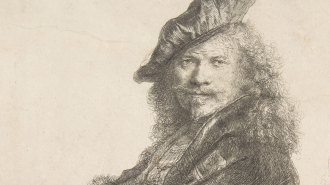 Science & Society
Science & SocietyWhy Rembrandt and da Vinci may have painted themselves with skewed eyes
A strongly dominant eye, not an eye disorder, may explain why some great artists painted themselves with one eye turned outward.
By Sofie Bates -
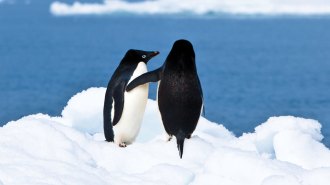 Science & Society
Science & Society‘A Polar Affair’ delves into a centurylong cover-up of penguin sex
In a new book, Lloyd Spencer Davis seeks to understand why an Antarctic explorer kept some of his penguin observations a secret.
-
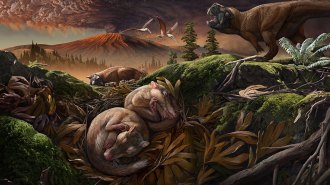 Life
LifeAn ancient critter may shed light on when mammals’ middle ear evolved
Rare skeletons are helping to pin down the evolution of mammals’ three middle ear bones, known popularly as the hammer, anvil and stirrup.
-
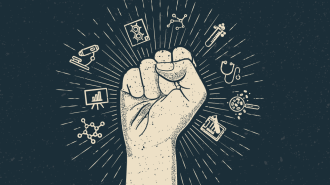 Science & Society
Science & SocietyWhat happens when governments crack down on scientists just doing their jobs?
Through their research findings or sense of duty, scientists can run afoul of government leaders keen to control information’s spread.
By Sujata Gupta -
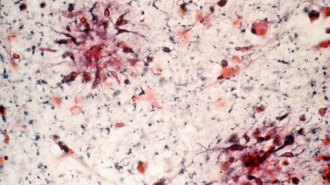 Health & Medicine
Health & MedicineA once-scrapped Alzheimer’s drug may work after all, new analyses suggest
An antibody that targets Alzheimer’s sticky protein amyloid showed promise in slowing mental decline, according to the company that’s developing it.
-
 Life
LifeA single-celled protist reacts to threats in surprisingly complex ways
New research validates a century-old experiment that shows single-celled organisms are capable of complex “decision making.”
-
 Humans
Humans50 years ago, income inequality was severe in the U.S. It still is
In 1969, lower-income households tended to be nonwhite and in the U.S. South. That still holds true today.
-
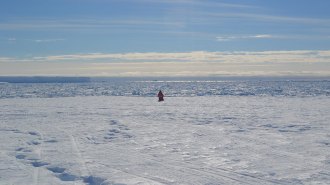 Health & Medicine
Health & MedicineScientists’ brains shrank a bit after an extended stay in Antarctica
The experience of an isolated, long-term mission at an Antarctic research station slightly shrunk a part of crew members’ brains, a small study finds.
-
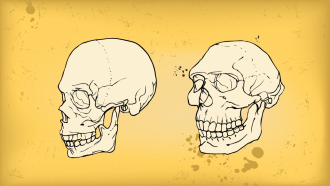 Humans
HumansA gene tied to facial development hints humans domesticated themselves
Scientists may have identified a gene that ties together ideas about human evolution and animal domestication.
-
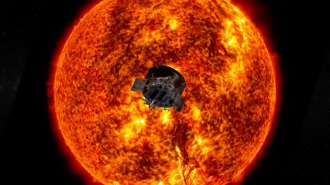 Space
SpaceNASA’s Parker probe reveals the sun’s rogue plasma waves and magnetic islands
Scientists have analyzed the Parker probe’s first data, giving a peek at what’s to come as the craft moves closer to the sun over the next few years.
-
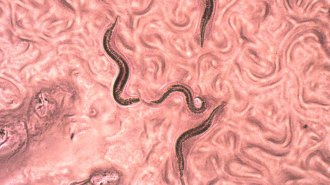 Animals
AnimalsDevil worm genes hold clues for how some animals survive extreme heat
Devil worms have many extra copies of genes tied to heat stress and cell death, which may help the critters survive deep underground, a study finds.
By Sofie Bates -
 Earth
EarthClimate-warming CO₂ emissions will hit a record high in 2019
Despite countries adopting renewable power sources and coal use falling slightly, oil and gas use are pushing global carbon dioxide emissions to record heights.